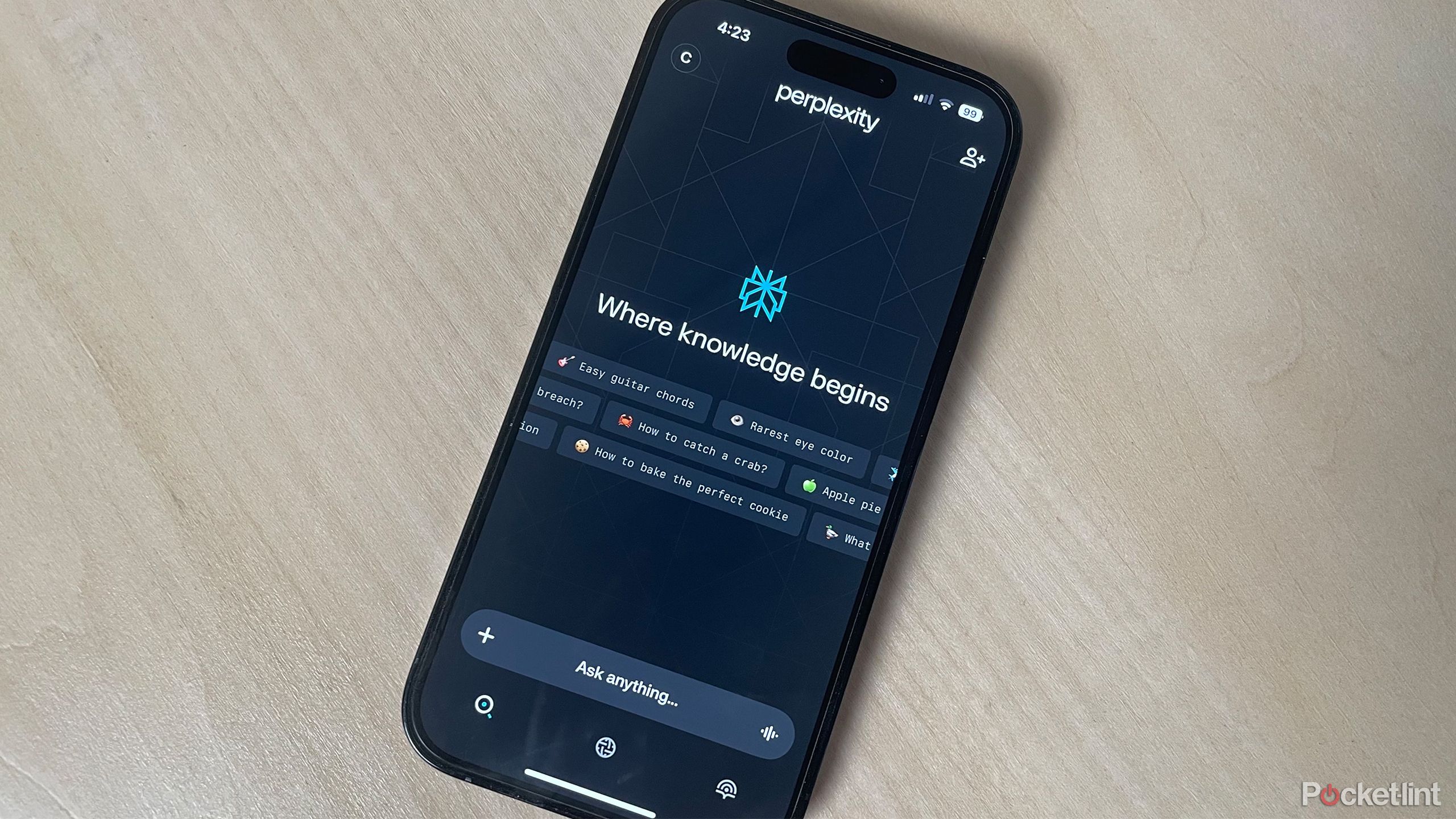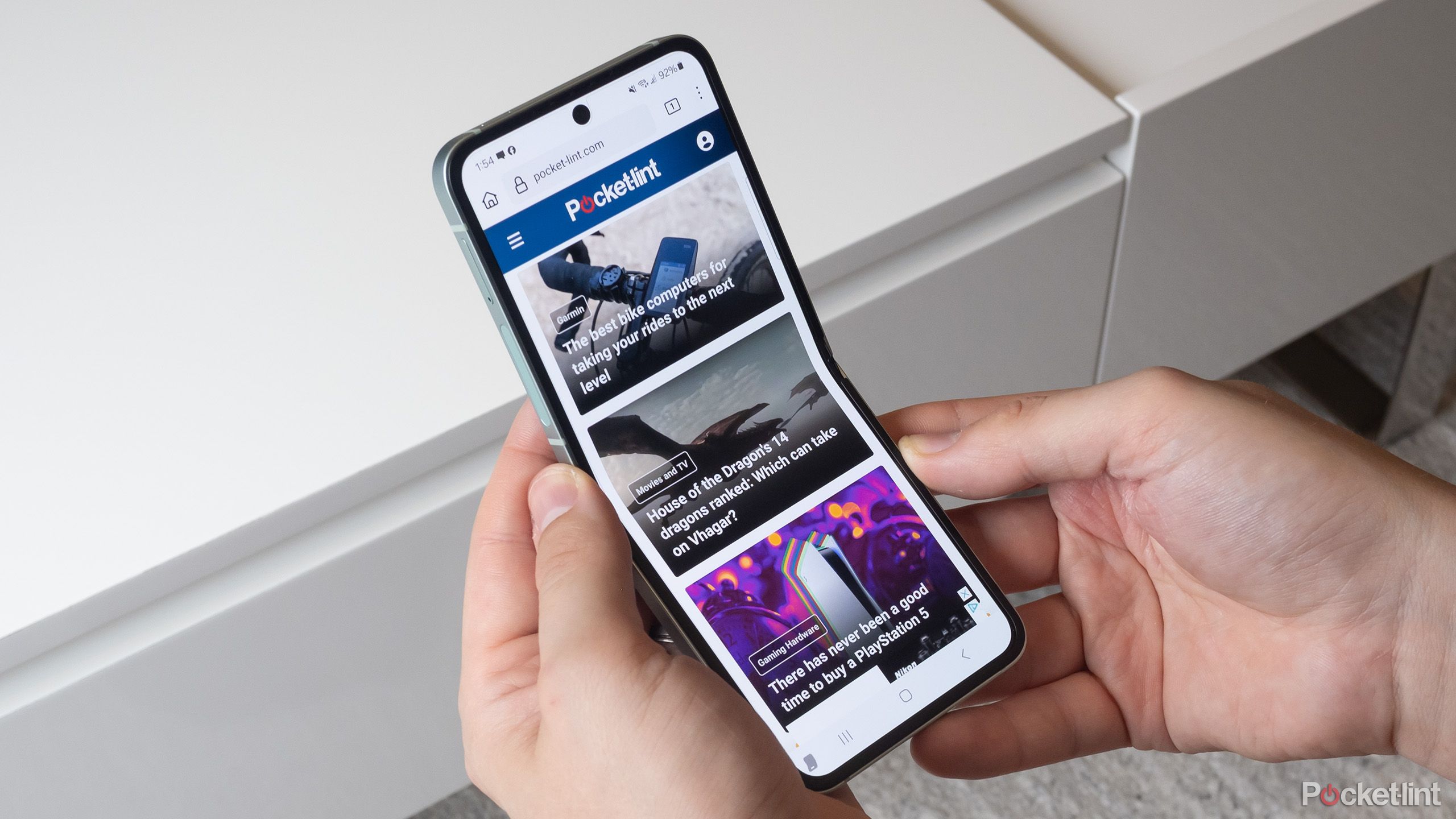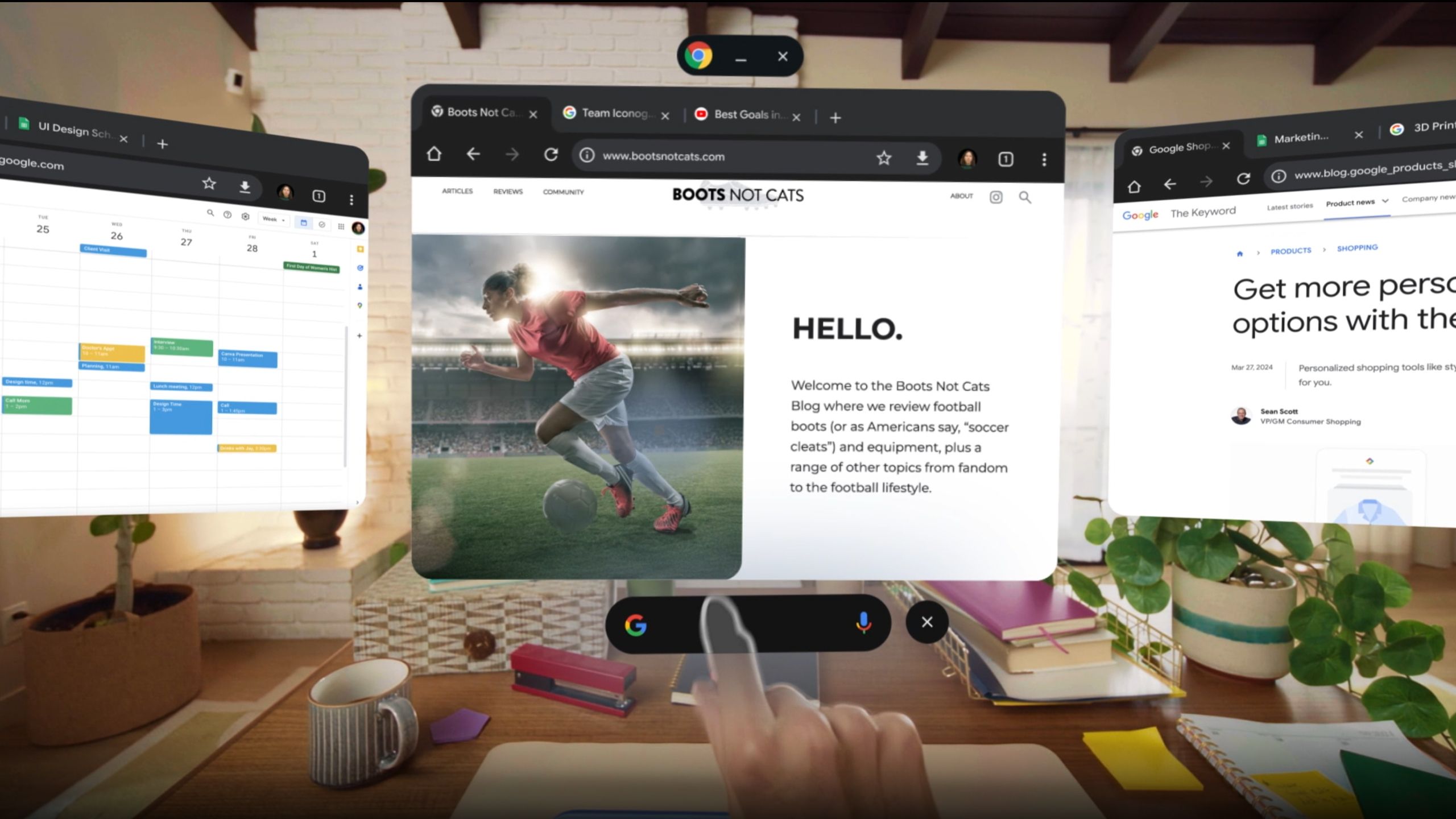Summary
- Samsung appears to be veering towards Perplexity for AI and search functions on upcoming Galaxy phones like the S26, putting Google’s revenues at risk.
- Google, meanwhile, is said to be opting for TSMC over Samsung when it comes to manufacturing Tensor G5 chips for the Pixel 10 series.
- A complete severance seems unlikely, given how much the two firms need each other in other respects.
If you’ve been paying attention to Google and Samsung press events in the past few years, you’ve probably noticed that the companies seem unusually close. There’s an obvious link — Google makes Android, which Samsung needs for its phones — but it goes beyond that. Samsung phones have featured prominently at Google events, and the two have collaborated on various AI features, including giving Gemini a prominent place in the Galaxy S25 lineup. That’s despite Samsung having its own AI assistant, Bixby, and Google offering plenty of Pixel phones for sale.
Lately, though, rumors have pointed to the two companies drifting apart. Is it a serious possibility? Personally, I think it’s too early to tell, but there is a case to be made that cracks are showing. My own prediction is that the companies will stay connected, given their motivations and examples from the rest of the tech industry.
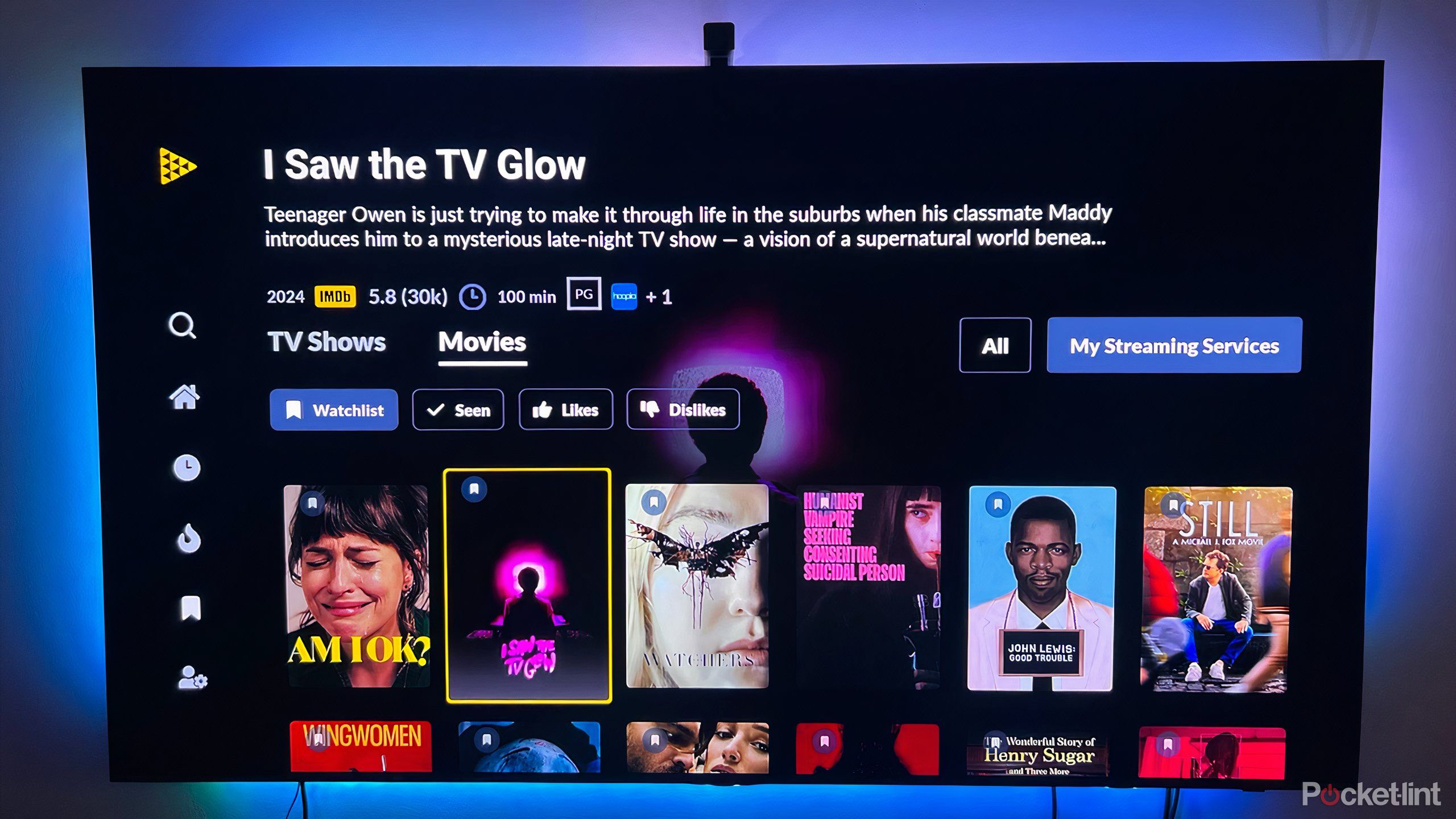
Related
4 upcoming Google TV updates that’ll make a big difference on my TV
Contrary to what Google says, it’s not all about Gemini.
What’s threatening the Google/Samsung relationship?
New opportunities, or maybe reducing dependencies
The thing that kicked off this op-ed is a recent Bloomberg report, claiming that Samsung may pre-install Perplexity’s AI app and assistant on Galaxy phones, possibly beginning with the Galaxy S26. On top of that, Perplexity functions could be integrated into Samsung’s web browser, and even Bixby. Samsung’s assistant still handles a lot of local device commands on S25 phones, but lacks any form of generative AI, which is why Gemini’s arrival was so important.
Needless to say, these things could pose a threat to Google’s plans, especially if Perplexity becomes Samsung’s default assistant. The bulk of Google’s revenue comes from advertising, which will obviously diminish if Perplexity takes over Galaxy web search. Also, if Gemini becomes nothing more than a secondary option on Samsung phones, there could be fewer people willing to pay for the AI Pro tier of Google One.
In short, the companies seem to be making moves that will not only reduce their dependence on each other, but hurt each other financially.
Samsung isn’t the only one thought to be pulling away, though. For a while now, rumors have indicated that the Tensor G5 processor in the Pixel 10 will be Google’s first chip produced by TSMC instead of Samsung. Moving beyond designs rooted in Exynos chips could lead to better efficiency — a common complaint about earlier Pixels — but at the cost of cold hard cash for Samsung’s chip manufacturing business.
In short, the companies seem to be making moves that will not only reduce their dependence on each other, but hurt each other financially. You might take that as a sign that things are about to disintegrate, but I’m doubtful for a few reasons.

Related
This Android-powered e-ink tablet is better than a Kindle, but it’s still niche in my life
You’ll only get the most out of Boox’s tablet if you’re into sketching and paper notes.
Symbiosis and the nature of doing business
More to lose than gain from a break-up
Really, there’s too much at stake for the pair to part ways completely. Samsung isn’t just the leading Android phone maker, but the biggest phone maker in the world, with a 20% marketshare as of Q1 2025, according to Counterpoint. Google needs the company to perpetuate Android and all the associated services that bring it revenue, especially in the US, where phone brands like Xiaomi, Vivo, and Oppo are simply non-existent. Motorola, Nothing, OnePlus, and Google itself could conceivably fill in the gap — but there’s just no reason to manufacture that crisis and risk ceding ground to Apple’s iPhone.
On the flip side, Samsung wouldn’t be where it is today without Android. The company was quick to exploit the platform and imitate Apple once the original iPhone launched in 2007, helping it outperform rivals like Nokia, RIM, and Motorola. It does have its own software — One UI — but that’s just a layer on top of Android. Without Google, Samsung would be forced to whip up a full-fledged operating system, which could easily fail without the services users have come to expect. Imagine getting into a car and discovering that your Samsung phone is missing Android Auto, Google Maps, and Gemini. You’d rightfully be headed to the store for a new device.
There’s just no reason to manufacture a crisis and risk ceding ground to Apple’s iPhone.
That brings us to another point, however, which is that companies can reduce ties without fully severing them. Consider Microsoft and OpenAI. While the companies have competing AI products — Copilot and ChatGPT — OpenAI is still Microsoft’s biggest infrastructure customer. OpenAI would be left scrambling without Microsoft servers, and that infrastructure business would be diminished without the growth of ChatGPT.
An even better example to point to is Apple and Google. While Steve Jobs once promised to go to “thermonuclear war” over Android, arguing it was a rip-off of the iPhone, the companies ultimately settled into a comfortable relationship. Google pays billions of dollars to remain the default search engine on Apple devices, and the popularity of iPhones would likely plummet if people didn’t have access to apps like Gmail, YouTube, and Google Maps. Indeed, Apple is even poised to add Gemini as an extension option for Apple Intelligence alongside ChatGPT.

- OS
-
iOS, Android, macOS, Windows
- App
-
Free, with in-app purchases
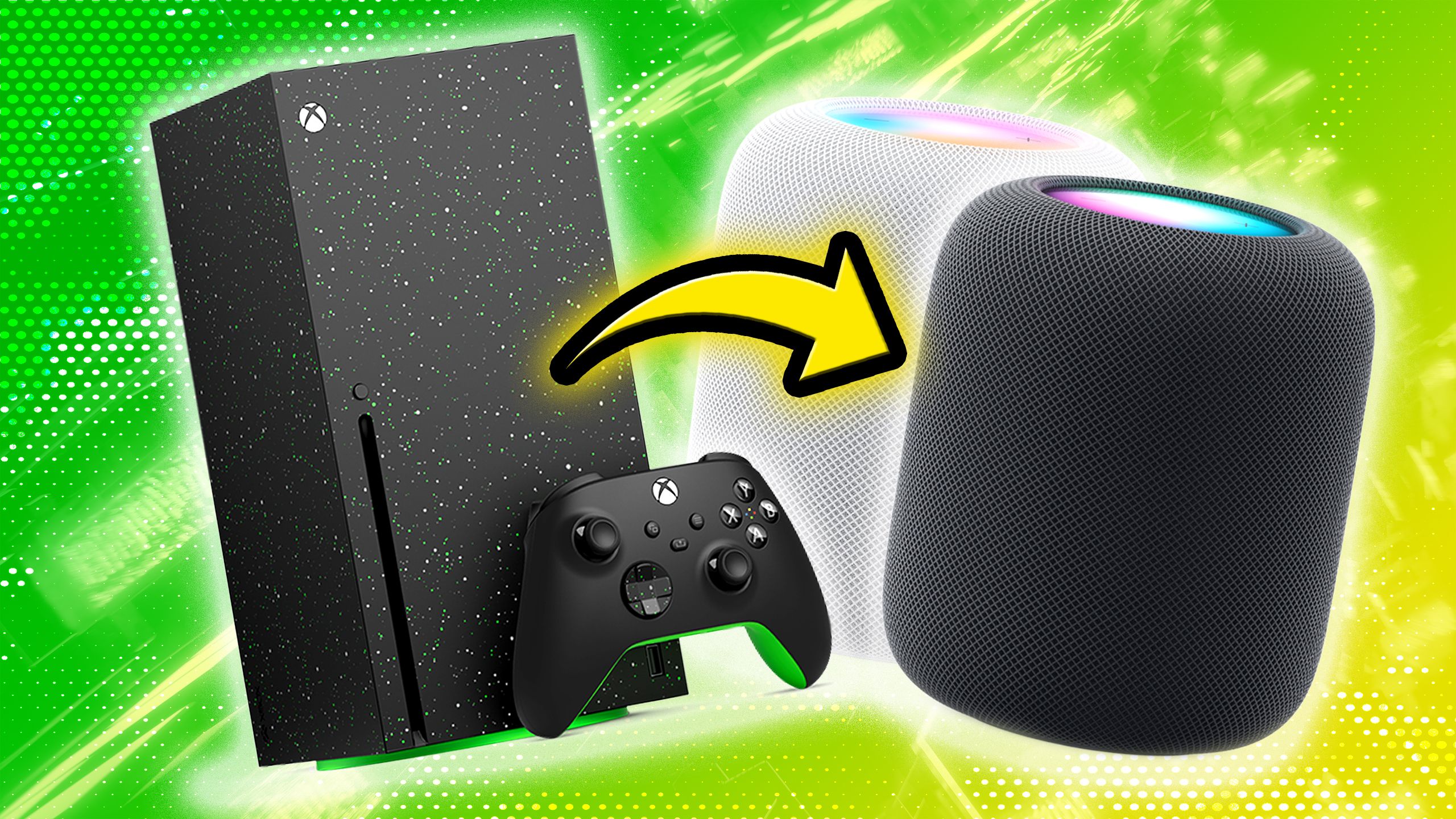
Related
This trick got my Xbox and Blu-rays to play nice with my HomePods
There may be some hurdles involved, and you’ll be more closely welded to the Apple ecosystem.
What does the future hold for Google and Samsung?
Some final thoughts
At a minimum, we should wait for the Galaxy S26 announcement to get a true hint of the partnership’s prospects. If Samsung goes all-in on Perplexity, displacing Google on its phones, I wouldn’t be surprised to see the companies keep distancing themselves. Conversely, if Perplexity ends up being an addition to Google’s software and services and not a replacement, I’d expect business as usual. Samsung might be upset at losing some of its chip sales, but that sometimes happens, and it’s not like it won’t benefit from the Pixel 10 lineup at all — Google is expected to keep using Exynos modems.
If Perplexity ends up being an addition to Google’s software and services and not a replacement, I’d expect business as usual.
I’m betting that Google and Samsung will stay joined for years to come. That relationship is going to evolve, for instance, emphasizing Android XR, but the mutual benefits should continue to outweigh some diversions in business strategy.

You might also like
Everything you need to know about PEVs, or personal electric vehicles
You can use PEVs like e-bikes and scooters to explore, run errands, or speed up your commute.





